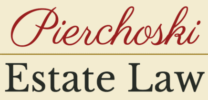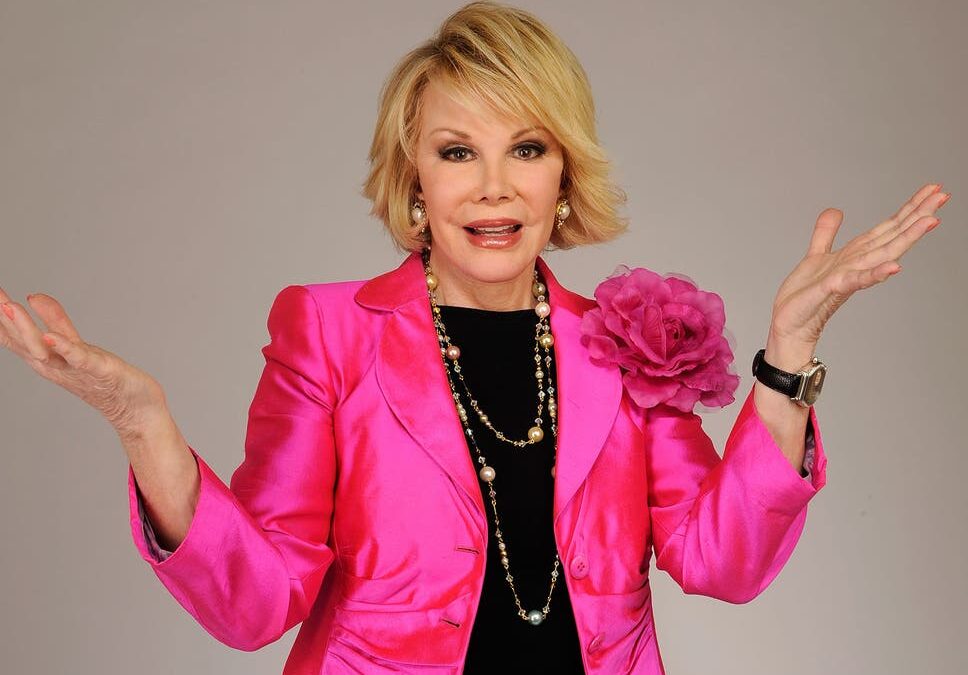What We Can Learn from Joan Rivers about Estate Planning: Joan Rivers Has Last Laugh Through Use of a Family Trust
Famous comedienne, Joan Rivers, who died unexpectedly on September 4, 2014, from what is alleged to be a botched medical procedure, made millions making us all laugh. Some of her most infamous routines centered around skewering celebrities, most notably legendary actress Elizabeth Taylor.
For Rivers’ comedy, everyone and everything was fair game for exposure. But when it came to the disposition of her estimated $150 million fortune, Rivers made sure everything was kept private via the use of a family trust.
In her will, made public in 2015, Rivers named her daughter, Melissa Rivers, and two of her close friends as co-executors to administer the estate. She also used her will to distribute any remaining assets, after the payment of taxes and expenses, to the trustee of the Rosenberg Family Trust (Rivers’ married name) and included a disinheritance clause for anyone who sought to contest her will.
In addition, Rivers specified that assets from the trust were to be distributed to several charitable organizations, as well as other beneficiaries that included Rivers’ grandson, niece, nephew and five employees. The amounts were not specified.
Rivers undoubtedly knew that the disposition of her fortune would be fodder for the media, so she protected her wishes in the best possible way: through the use of a private trust. Through the trust, she gave her beloved daughter “the broadest and most absolute permissible direction” over the disposition of the trust assets.
While most of us have neither the fame nor the fortune of Joan Rivers, we can still use a trust to protect and provide for our loved ones. Some of the primary benefits of a trust include:
- Allows you to dictate how and when your assets are distributed upon your death;
- Helps reduce estate and gift taxes;
- Allows you to distribute assets without incurring the time and expense of probate;
- Allows you to name someone to manage your trust upon your death as well as if you become incapacitated;
- Provides protection from creditors;
- Offers greater privacy than wills since trusts do not go through probate.
A Note from the Attorney, Stan Pierchoski:
The practice of law is a second career for me. After obtaining Master of Science degrees in both Nuclear and Mechanical Engineering, I worked in the Nuclear Power Industry for 15 years. Always having an interest in law, I attended and graduated from law school and founded the Pierchoski Law Firm in 2002 in Pulaski, TN. For several years I practiced as a criminal defense, trial attorney. After my parents passed I became interested in Trust and Estate Law and felt a strong calling to change my practice to the Estate Planning area.
For years I have been exclusively doing trust writing and wealth planning and have become proficient at it. Over the last several years my practice has evolved to serve all age groups including elders and Medicaid Planning. I am always open to your questions and am more than happy to chat with you about your concerns so give me a call or stop by my office. You’ll be glad you did!

